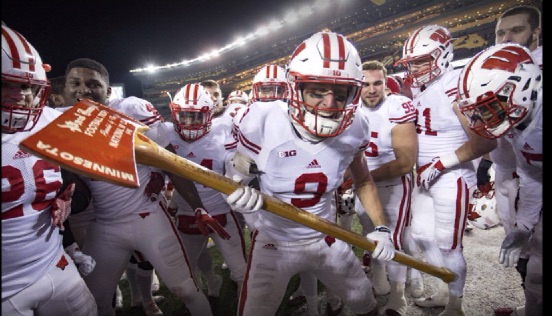
Every year hundreds of successful salespeople are taken out of production and have their career snuffed out. This is done by well-meaning, but misguided ownership that is trying to kill two birds with one stone. They promote their selling all-star to manager/salesperson.
Problem: a good salesperson does not always make a good manager. In my experience, less than 1 in 20 sales reps have the capability of becoming an effective sales manager.
Why do they fail?
1- Mis-aligned priorities
2- Compensation does not match duties
3- Lack of training
4- Lack of metrics
5- No good Sales Management Mentors in company
6- Hiring new Sales Reps is really hard
7- Individual contributors are more comfortable with “I & Me vs. You & We”
No man can serve two masters
[bctt tweet=”Problem: a good salesperson does not always make a good manager. ” username=”dynasty_leader”]Think about it: Management should spend 80% of their time developing the team and holding them accountable. Sales reps should spend 80% of their time interacting with customers and prospects. That’s an impossible task to be successful on both fronts over the long term.
First, you have to decide if part of your core strategy and vision is to grow your department in a direction that will require a manager in the coming 18-24 months.
“If we shouldn’t have a player coach, and we don’t have enough people to justify a manager, who should lead them?”
The short answer in most small to mid-market sized businesses is to have the owner or president take over management duties until one can be hired full time. This will give them a complete understanding of what kind of person will be best to fill that role in their company’s culture. It will also give them an appreciation for the job at hand. The strategic byproduct; it will actually accelerate the focus on the search to hire the right person for the job.
“Should we let our sales people interview for the sales manager position?”
Absolutely! They deserve the same chance as everyone else you bring in. You do, however, owe it to yourself and the company to open it up to outside talent. If you want the best results focus your hiring based on:
1- Communication skills (How well do they interact using multiple formats?)
2- Previous success (What do their previous bosses say about them?)
3- Coach-ability (Are they committed to continuous growth & learning?)
4- Culture match (How will they fit in with your people?)
5- Process vs. Rolodex (How they work vs Who they say they know.)
When is the right time and size to hire an outside manager for a group?
A few things to consider:
Urgency – How soon do you need improvement within the sales group?
Interaction – How much communication is needed with other departments?
Growth – How many people will you hire in the next 18 to 24 months?
From Google to the U.S. Marines, a team size of 7-9 people is ideal.
The team can grow to 12 if the intent is to split it to form a new team.
Superstars rarely become great coaches.
Think of all the great athletes from different pro teams you followed since you were a kid. How many of them became great coaches? Michael Jordan, Joe Montana, Wayne Gretzky? The truth is, the best coaches spent enough time on the sidelines observing and learning from other great coaches. The superstars were too busy playing under the spotlight. It’s very hard to switch from “I and Me” to “You & We”. Look for the person who will shine the spotlight on others.
If you have a different perspective on this or have seen it work well, I would love to hear from you. Share it with everyone and comment on LinkedIn or email me at Todd@DynastyLC.com.

